An ERP system is a business software package, developed for organizations that manage various processes and want to automate them. The ERP system can connect these different processes.
The processes we talk about consist of, for example, financial administration, personnel administration, and stock management. Because these processes can be connected by the ERP system, it becomes easier for the various departments within a company to have the most accurate and current data.
Moreover, the various departments can better coordinate their activities by monitoring the developments within the various processes via the ERP system. For this reason, more and more companies are deciding to purchase ERP software that can digitally map all-important business processes.
As soon as the decision for the implementation has been made, a company is at the beginning of the ERP implementation process.
Define Requirements
Now it must first be defined which requirements a suitable ERP software must meet. Companies have different requirements for an adequately functioning system. If a system is unable to map all processes due to very specific business processes, the software is of little use to the business or even causes extra effort.
Compile Specifications
Therefore, companies always prepare a specification with specific, detailed requirements and required functions. Based on the specification, suitable ERP suppliers and systems can then be identified. Because the ERP market is very diverse and, in addition to the big house names, many less well-known companies are also possible, companies can initially use comparison portals. These provide a solid, first overview of potential providers.
Planning and Preparation
Once the decision is made in favor of a particular ERP software, companies must take a number of planning and preparation measures. This also includes assembling a team.
Purchase ERP system
There are many different types of ERP systems on the market. A package that works great for one company may not be the best solution for another. After all, every company and therefore the business processes are different. That is why ERP systems differ in complexity, size, and specialization from branches.
Certain systems are more suitable for small businesses; other packages may be more efficient for larger businesses. In practice, it appears that many small companies (SMEs) benefit from a standard ERP system, while larger companies are more likely to go for a version adapted to the company (customization).
This has to do with, among other things, the costs and the processes within a company. Incidentally, in retrospect, the choice for customization often turns out not to be a good choice.
ERP System For Your Industry
In addition, various ERP systems have been developed for specific companies, branches of industries. These systems can often still be adapted to the special preferences of the organization, but the standard registration already takes into account the processes that take place within the company. Think, for example, of an organization active in healthcare or construction.
Purchasing an ERP system is therefore not easy. An extensive orientation on the properties of the various ERP software is therefore highly recommended. This will aid in the implementation of a suitable system. With this orientation, it is wise to set up a project team of employees who will have a lot to do with the ERP system to be implemented.
They can give advice or have a say in the choice between the different systems. They can also test the ease of use/functioning of various ERP systems and see whether the various functions are important for their department at all.
Conclusion:
It will be understood that the risks are therefore possible but possible. Risk management allows you to increase your chances of making the project a reality, better still, of realizing the project in a positive way! To do this, do not hesitate to set up preventive actions, simple actions in the event that the risk does occur anyway, and to properly calculate the relative costs.
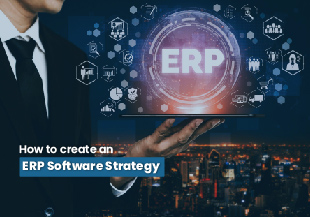

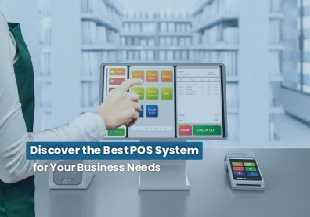
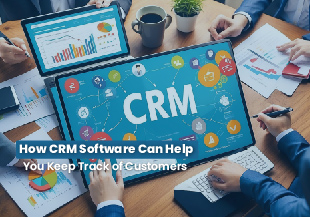
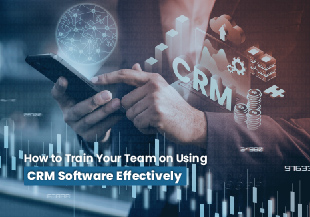
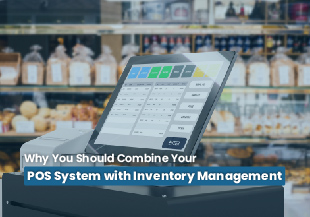
 Chat with Prismatic Bot
Chat with Prismatic Bot